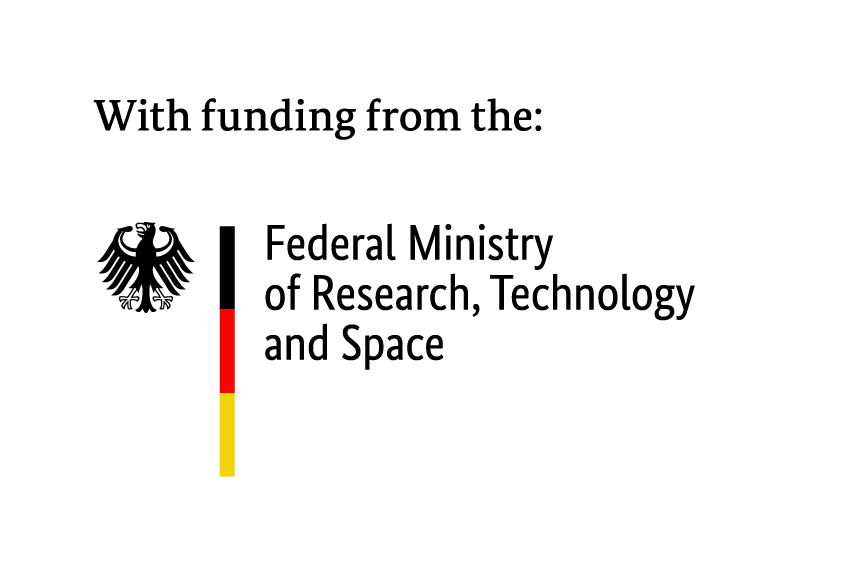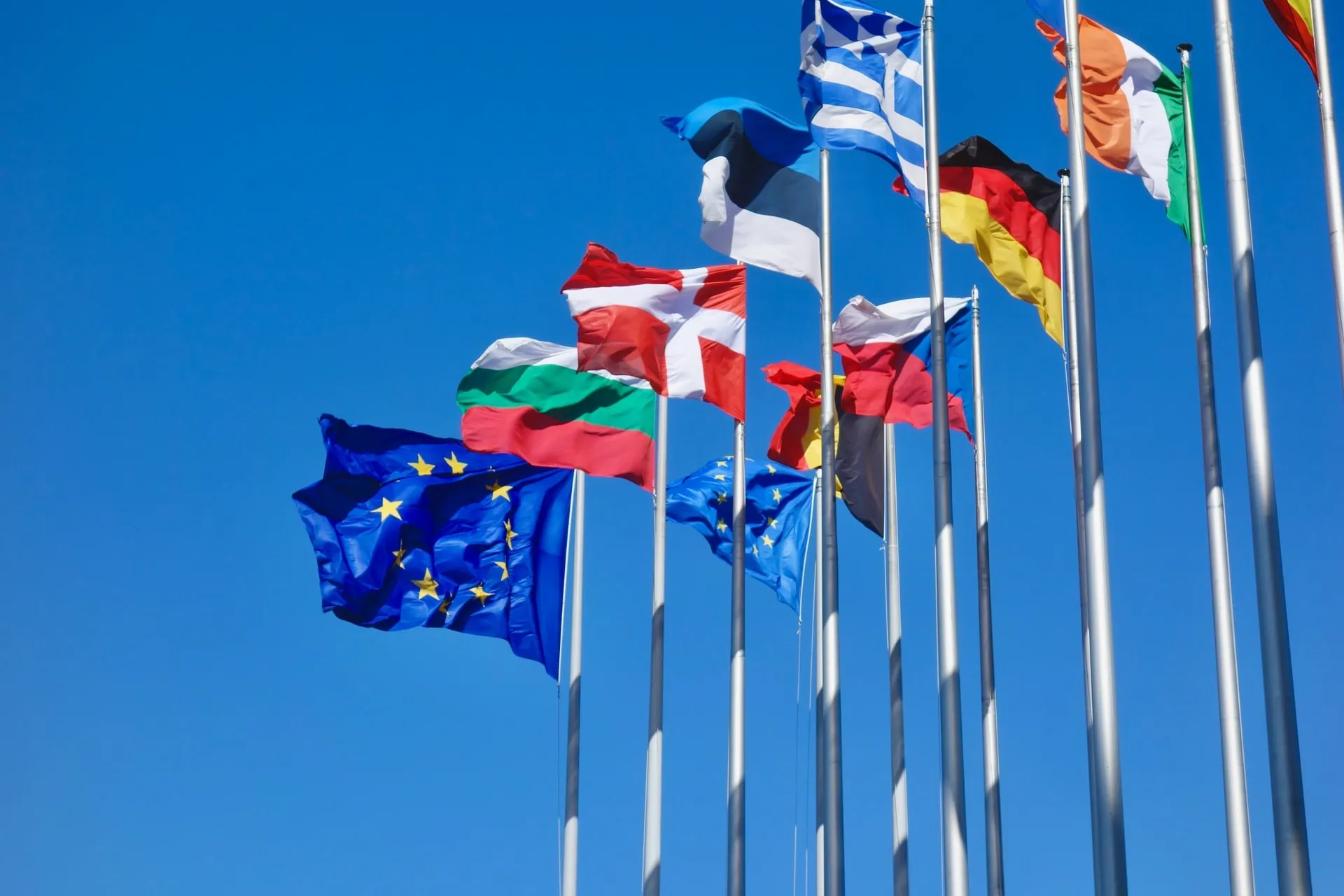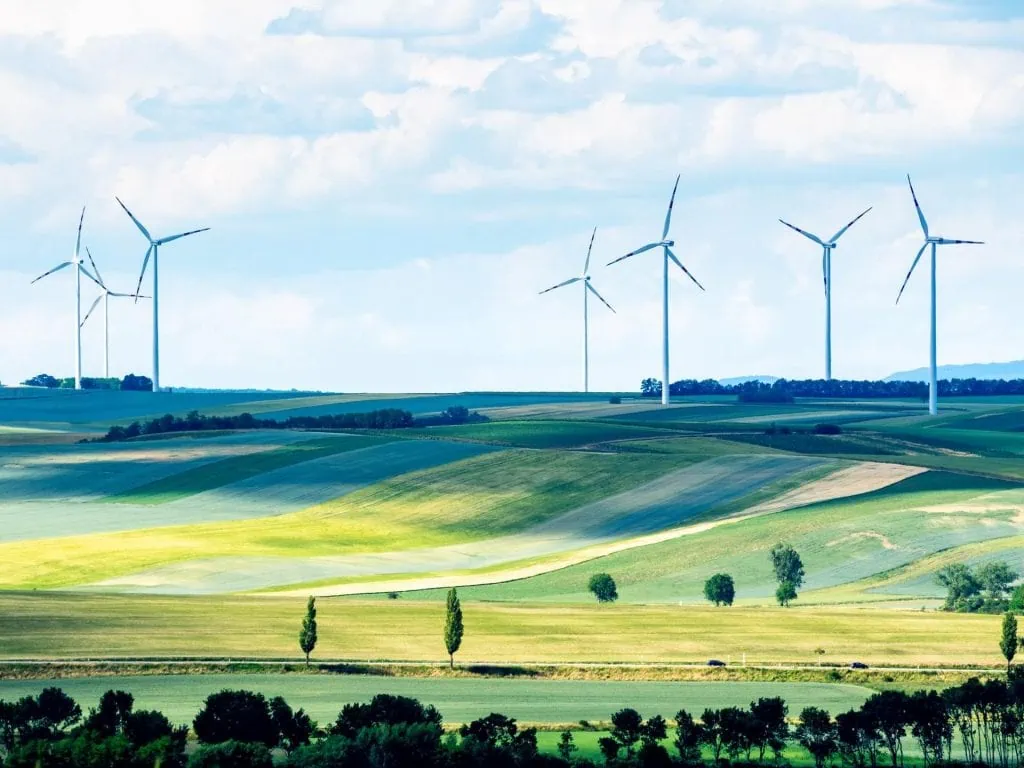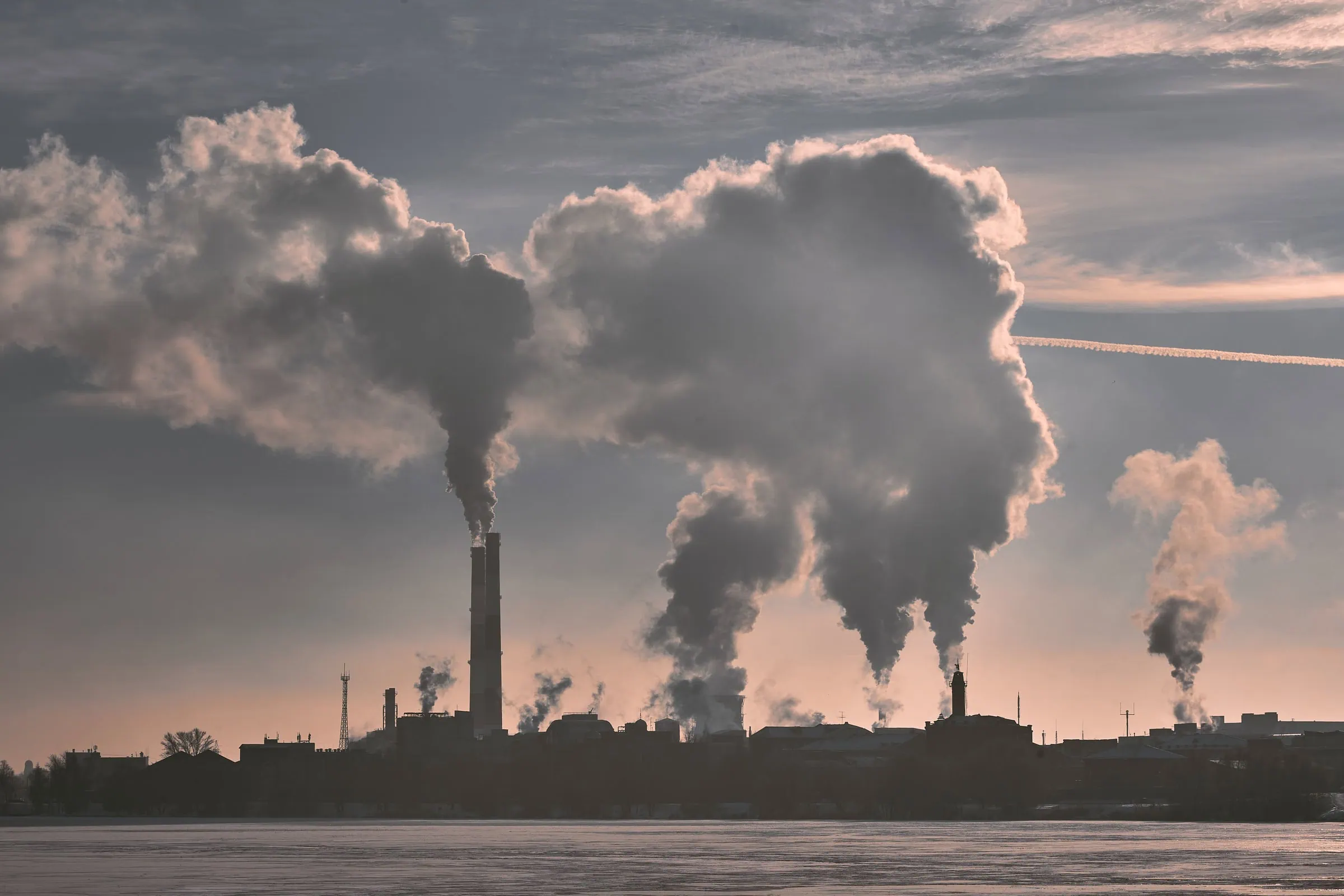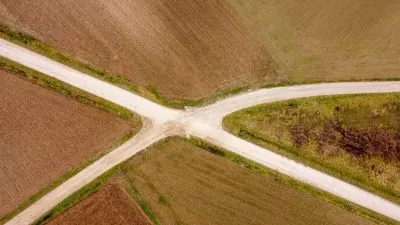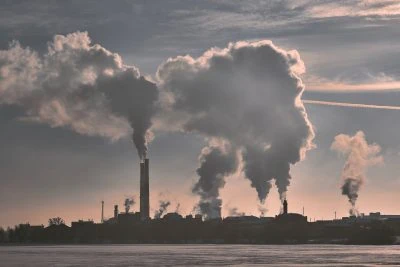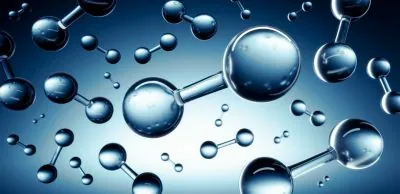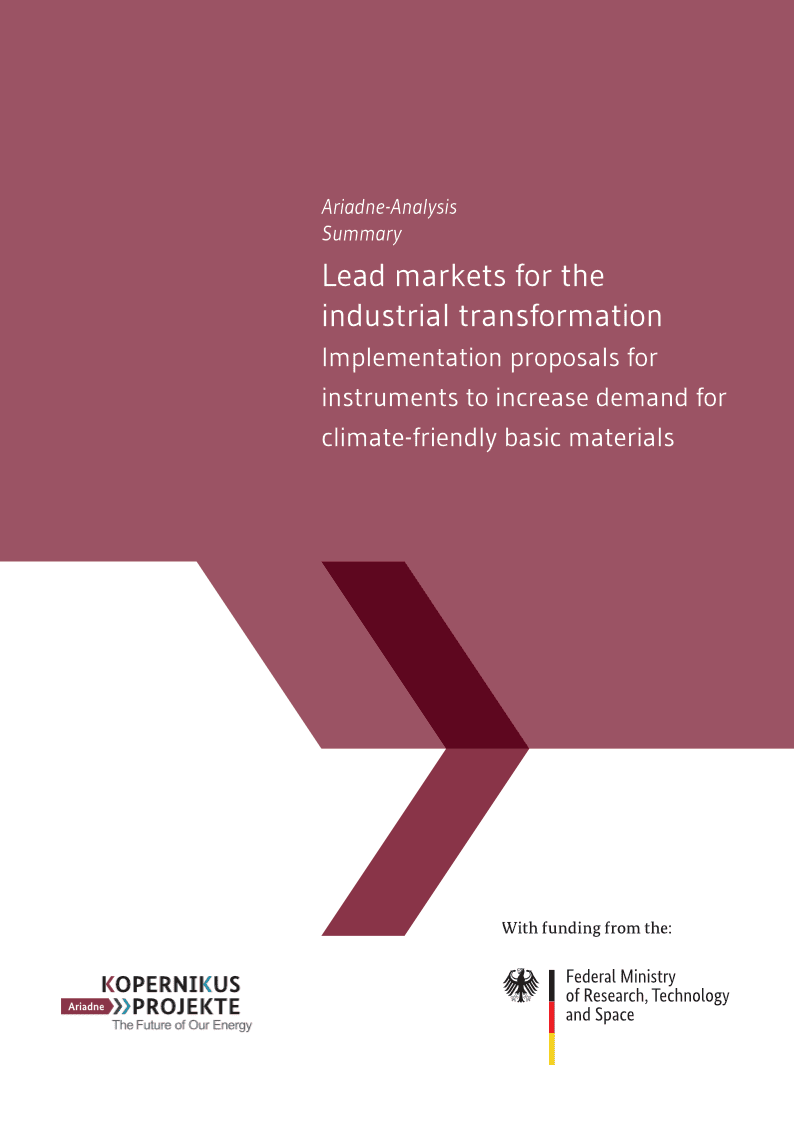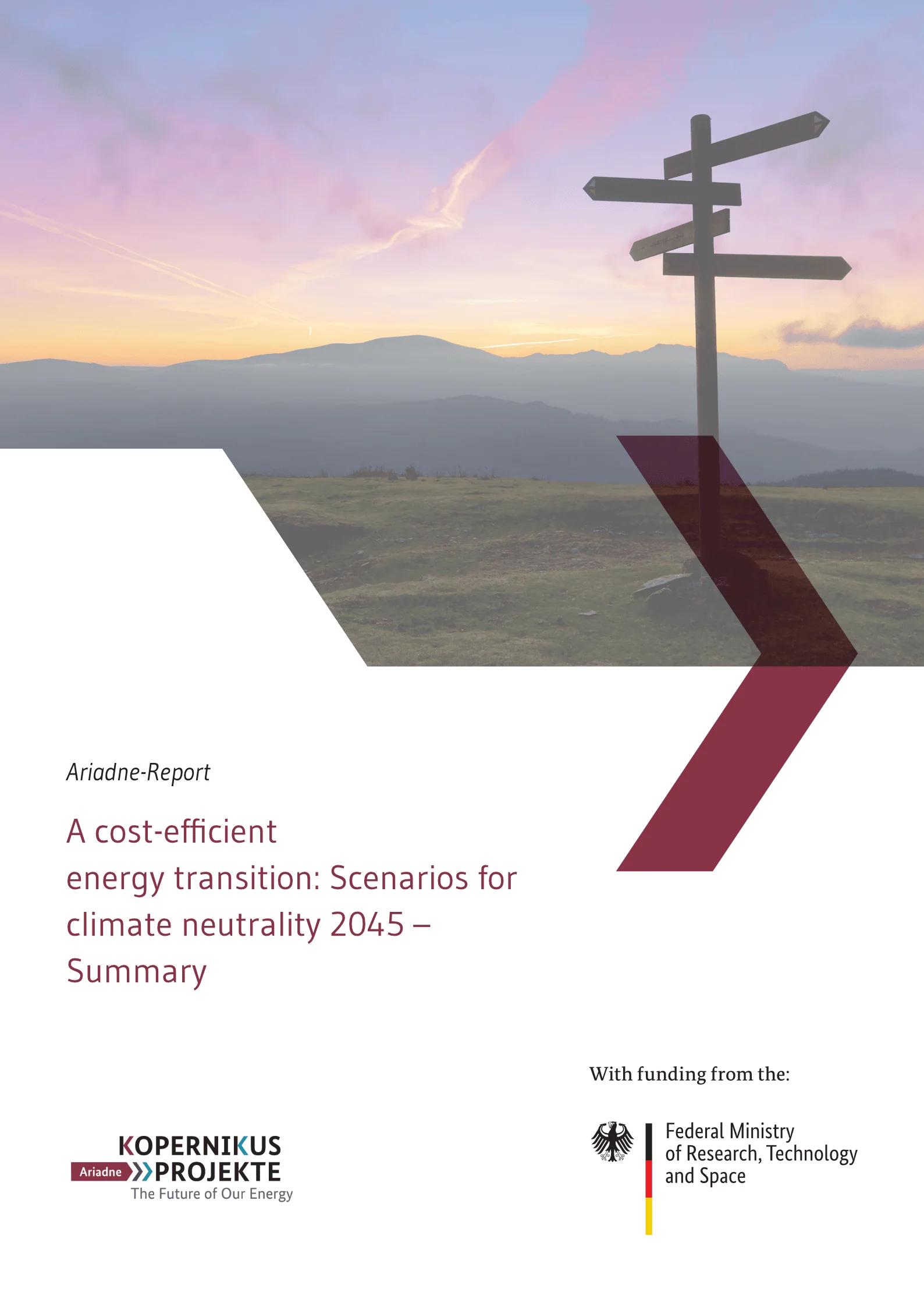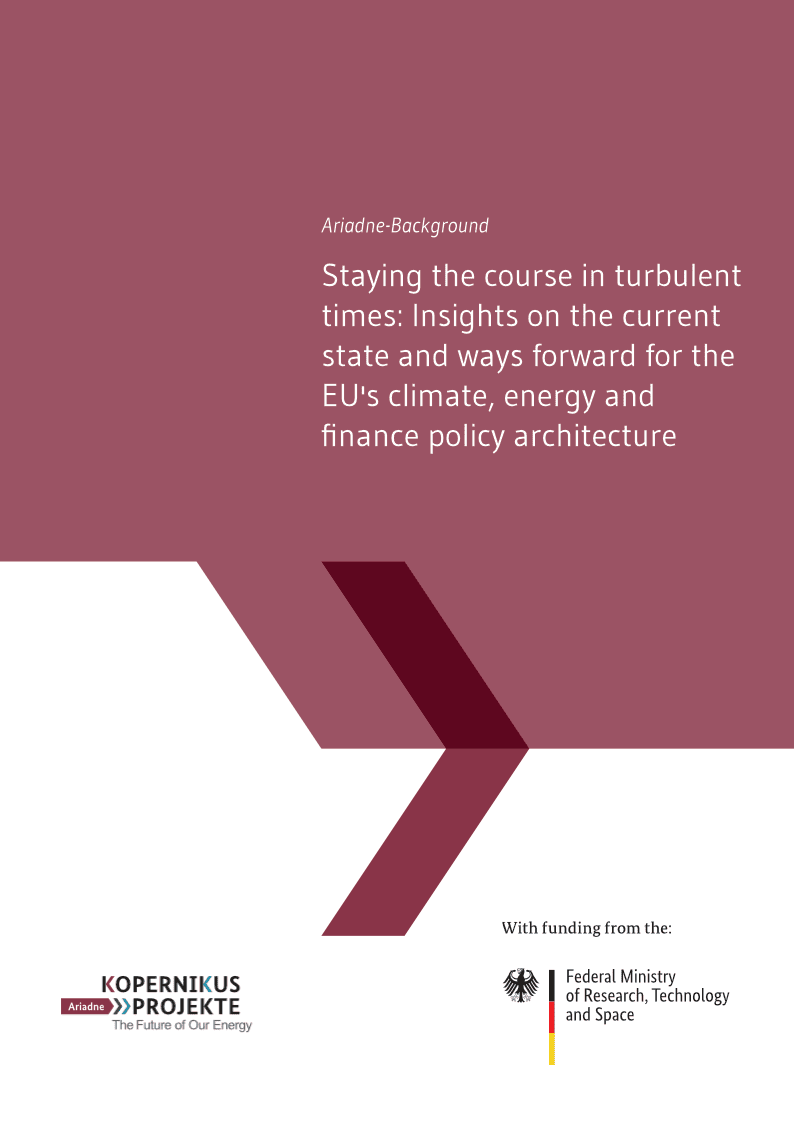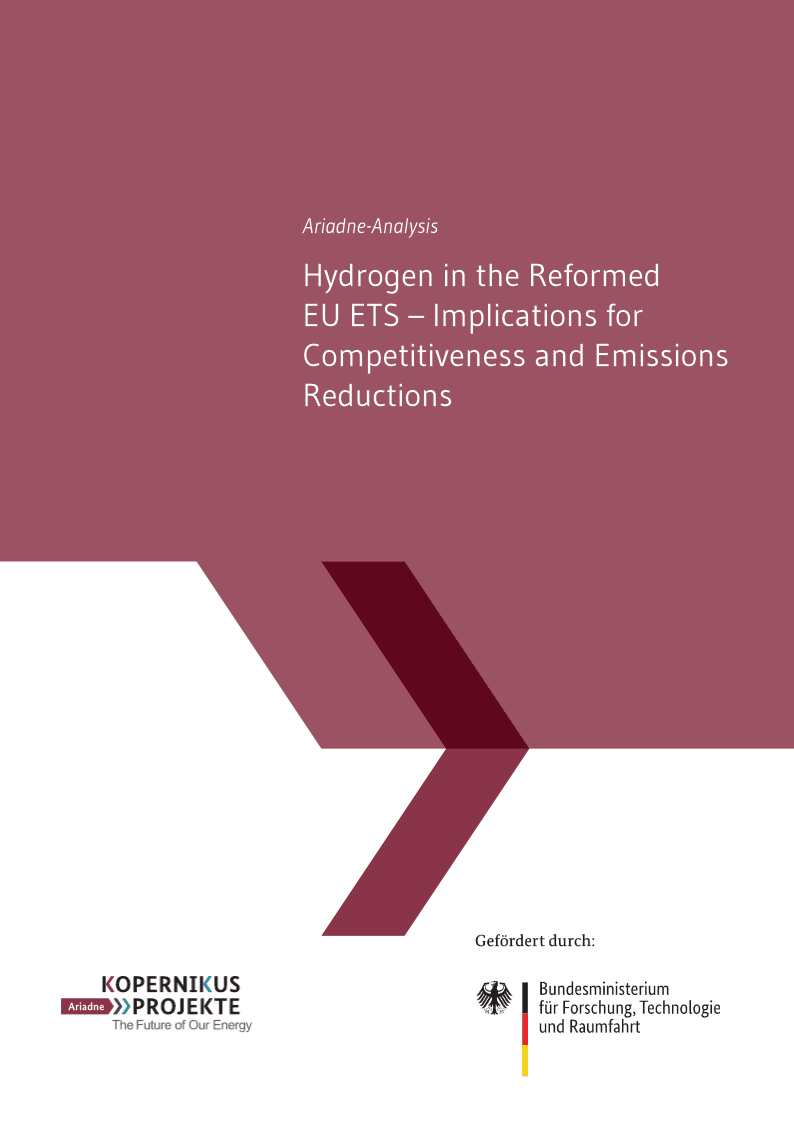Our News
Europe & Green Deal
Ariadne@Brussels 2025: Insights into the conference ‘EU climate and energy policy in a polarising world’
This years iteration of the Ariadne@Brussels workshop series took place in Brussels EU Quarter from 8 to 10 December 2025. Researchers from the Ariadne project presented their latest findings on EU climate and energy policy and discussed them in …
to EventsEurope & Green Deal, Industrial transition
CO2 pricing and subsidies alone are insufficient: Create lead markets for industrial transformation
In a new analysis, Ariadne researchers propose instruments to create lead markets for the emission-intensive basic materials cement, steel and ethylene.
to NewsEurope & Green Deal, Transport transition
Role of hybrid vehicles in EU fleet mix questionable: very high CO2 emissions
A real-world consumption data from around 850,000 vehicles across Europe shows that PHEVs are rarely charged, the combustion engine is used too often, and even in mainly electric mode, fuel consumption is considerable.
to NewsEurope & Green Deal, Governance & Institutions, Industrial transition, Heating transition, Electricity Transition, Transport transition
New edition of Ariadne@Brussels launched: ‘EU climate and energy policy in a polarising world’
The Kopernikus project Ariadne invites you to this year’s edition of the Ariadne@Brussels workshop series. From 8 to 10 December 2025, researchers from the Ariadne project will present their latest findings on EU climate and energy policy and discuss …
to NewsHydrogen, Europe & Green Deal, Governance & Institutions, Scenarios, Tax reform, Industrial transition, Heating transition, Electricity Transition, Transport transition, Distributive justice
New Ariadne paper highlights EU climate policy from 2030 onwards
The EU is in the midst of a debate on new climate targets for 2040 and how the competitiveness of industry can be linked to decarbonization. In a new background paper, Ariadne researchers analyze the historically evolved energy and …
to News
